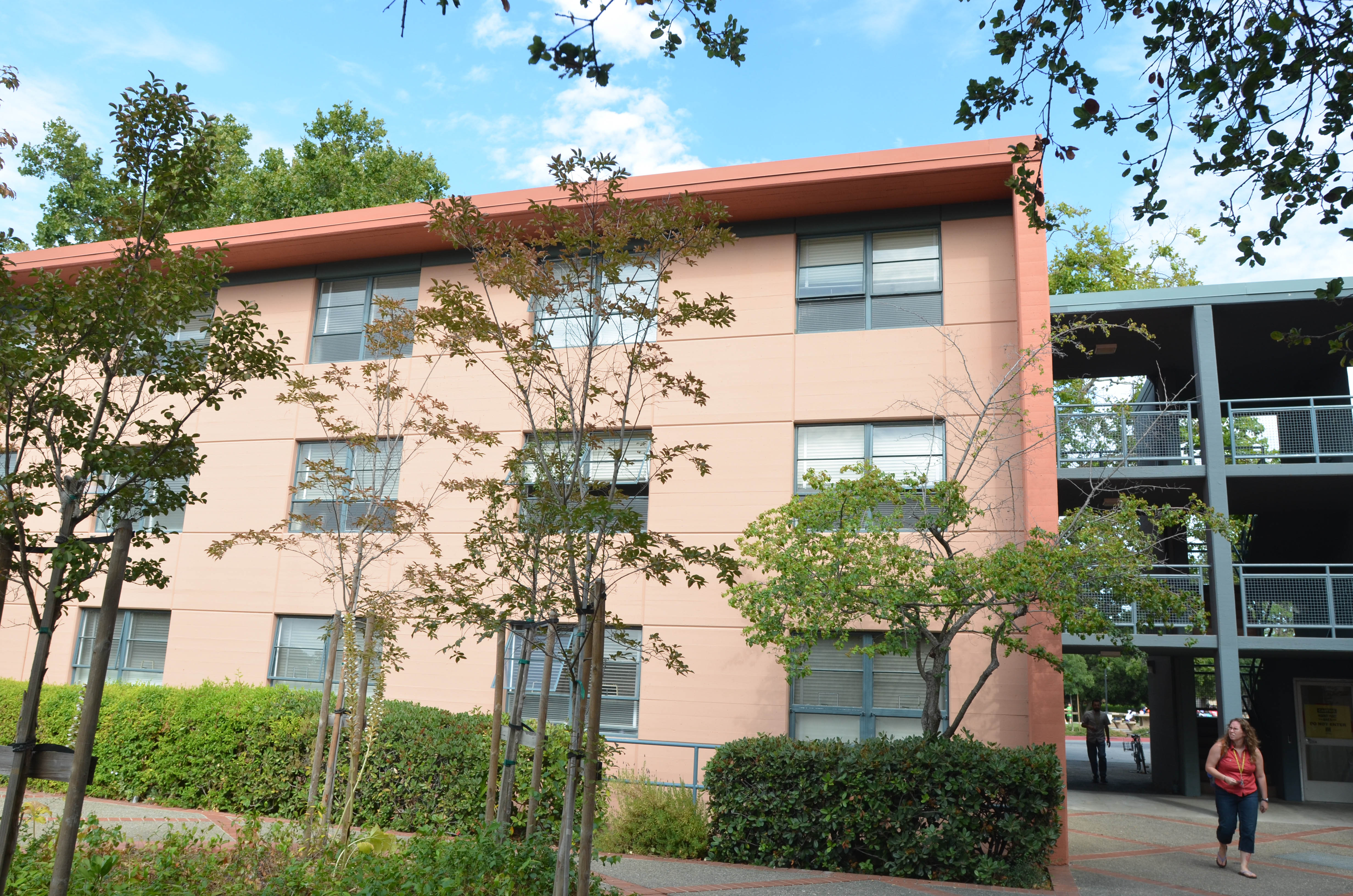Two new yearlong freshmen residential programs have met with a warm welcome from the Class of 2017, with interest in both initiatives double the capacity available.
The two programs – Immersion in the Arts: Living in Culture (ITALIC) and Science In The Making: Integrated Learning Environment (SIMILE) – will both be housed in Burbank and will enroll approximately 45 students each. Around 88 students ranked ITALIC as one of their top two housing choices, while 98 students ranked SIMILE first.
Diverse intake
While ITALIC and SIMILE offer residential experiences built around the arts and the history of science respectively, the selection committee aimed to create two groups of freshmen representative of the incoming freshman class as a whole, according to SIMILE Assistant Director Kristen Haring.
Ultimately, all students selected for SIMILE expressed an interest in both the sciences and the humanities, while those students selected for ITALIC concentrated around computer science and human biology as prospective avenues of study.
“We hope that ITALIC will attract prospective students who are interested in the arts and humanities – whether or not this becomes their major areas of study,” noted Professor of Music Jonathan Berger, one of ITALIC’s primary instructors.
“[SIMILE] is not an extra chemistry class,” Haring said. “It just has science in the name. It’s a humanities program that is about science.”
Paula Findlen, professor of Italian history and one of two fall quarter instructors for SIMILE, called the program “a combination of thinking and doing” with a focus on hands-on learning.
“SIMILE is a program entirely designed by the historians of science, medicine and technology,” Findlen said. “Our mantra is: History matters.”
Angela Li ’17, a SIMILE applicant, singled out the program’s interdisciplinary nature.
“I applied [to SIMILE] because I’m really interested in the sciences, but I also love history and the humanities, and I think studying the intersection between the two would be really fascinating,” Li said.
Kenneth Tea ’17 and Katrina Kent ’17 approached applying to ITALIC from different directions – while Kent has a range of artistic experiences, Tea described himself as “ignorant about art” but claimed that “artistic literacy is necessary to be a cultured intellectual.”
“I really love thinking about the uniqueness of art’s ability to convey emotion, whether it’s poetry, realistic or abstract visual art, or music with or without lyrics,” Kent said.
Structured learning
Both ITALIC and SIMILE will fulfill students’ Thinking Matters and Program in Writing and Rhetoric (PWR) freshman requirements, in addition to satisfying multiple Ways of Thinking/Ways of Doing breadth requirements. Both programs will fulfill two units of Aesthetic and Interpretive Inquiry, while SIMILE will satisfy one unit of Social Inquiry and ITALIC will satisfy one unit each of Creative Expression and Engaging Diversity.
Haring described the program’s residential and thematic components as essential in bringing together the diverse strands of different requirements.
“Most of the hard problems that are out there are complex and require different ways of thinking, and I think that these programs are going to show examples of how you can bring many different analytical tools to one question,” Haring said.
Hillary Miller, a playwright and the instructor for ITALIC’s PWR 1 course, emphasized the ability to frame broader objectives of the PWR curriculum in keeping with ITALIC’s arts focus.
“We’re going to be looking at examples of how people write about the arts critically and what types of lenses we might want to use to write about the arts,” Miller said.
While students in both programs will earn a total of 16 units over the course of one year, neither program is intended to be more rigorous than the regular Thinking Matters and PWR 1 courses or to constrain students’ ability to take other courses.
“We have been careful to design the class in a way that will be accessible to any entering student,” Haring said.
Professor of Drama Janice Ross, one of ITALIC’s three principal instructors, emphasized, however, the program’s planned depth.
“I’m most looking forward to really provocative discussions with students about why the arts matter,” Ross said. “I’m excited to work with students who are open to taking an immersion in arts for one year…It’s a dream assignment in a way.”
Towards that end, renovations to Burbank have included new practice and seminar rooms, a flexible workshop space nicknamed the “Collaboratorium” and a lecture room that was previously part of Stern Dining.
Students will be informed of their application status on August 1 via email.
